This article examines how reciprocal links, which occur when two websites link to one another, can improve your SEO and increase website traffic. It discusses the functioning of these links, their advantages as well as possible hazards associated with them.
What are reciprocal links?
At their essence, reciprocal links represent a bilateral arrangement in which two websites agree to link back to one another. Such an exchange of links is typically engaged in with the intention of boosting both parties’ visibility and position within search rankings. The foundational goal behind this practice is to provide mutual advantages by directing audiences towards useful resources on each other’s sites, thereby enhancing user experience.
Incorporated into a comprehensive SEO strategy, the prevalence of common reciprocal links can play an influential role in propelling page rankings upward.

Examples of reciprocal Links
Reciprocal links SEO occurs when two web pages establish a hyperlink to each other, typically because they cover similar topics and can offer enhanced value for their visitors. For example, a travel blog providing a link to a hotel reservation site that reciprocates with its own link back creates an interconnected user experience and has the potential to boost search engine rankings due to the relevance of content.
When brands with common target audiences partner up – for instance, a fitness blog exchanging links with a nutrition website – they both may see improved SEO performance. These reciprocal links are most effective when they arise from genuine collaboration and shared interests, ensuring that linked content holds relevance for the audience of both sites.
Why websites use reciprocal links
Primarily to increase visibility and traffic, which are vital for online prosperity, websites utilize reciprocal links. Proper implementation of such website linking strategies can lead to shared advantages, including enhanced referral traffic as well as improved search engine presence.
The motivation for embedding reciprocal links into a site’s approach is complex and multifaceted. This tactic strives to optimize the gains mentioned above.
Leveraging each other’s audience for increased traffic
By engaging in reciprocal linking with reputable websites, you can greatly amplify your site’s traffic by tapping into the user base of these partner sites. The establishment of reciprocal links with quality platforms extends your visibility and introduces your content to new users, which could lead to an upswing in referral traffic that enriches overall website visitation.
When there’s a synergy between your audience and those of the sites you’re linked to, it tends to result in more efficient conversion rates and heightened user satisfaction. For example, contributing guest articles on respected websites not only bolsters credibility, but also funnels considerable referral traffic back towards you. Embedding links within such posts can reinforce your link-building efforts while drawing beneficial visitor streams toward your site.
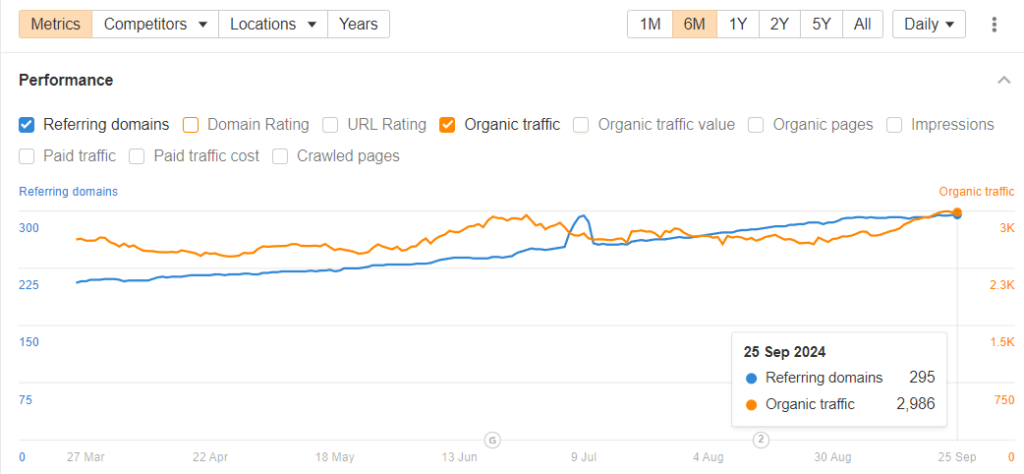
Enhancing search engine rankings through link popularity
Search engines often reward websites with higher search engine rankings when they have reciprocal links, as these can signal the site’s popularity and pertinence. When such link exchanges happen naturally between sites of recognized authority, it can be mutually beneficial in terms of heightened exposure within search engine results. The reason is that linking out to high-value and pertinent sites can bolster your website’s own reputation for quality, draw more traffic, and enhance its visibility – all pivotal elements in optimizing search engine performance.
It’s critical to adhere strictly to Google’s guidelines regarding webmasters so as not to incur penalties for participating in prohibited link schemes. By focusing on establishing reciprocal links with credible and contextually appropriate partners, one will reinforce their SEO efforts while sustaining a robust link profile. This methodical strategy employs the principle of link popularity judiciously to effectively elevate a website’s placement on search engine result pages.
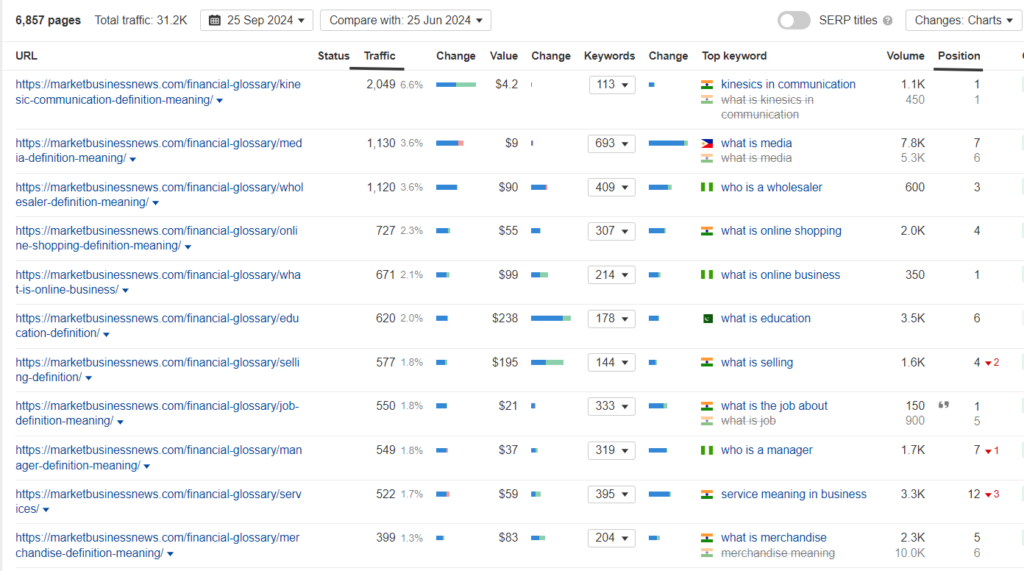
The impact of reciprocal links on SEO
The influence of reciprocal links SEO can be substantial, with the potential to positively or negatively affect a website. Proper application of such links can improve the backlink profile of a site, as well as its authority and credibility. Conversely, an excess or improper use of reciprocal linking practices may result in penalties and diminish the effectiveness of SEO.
Recognizing these effects is essential for creating an equitable and successful link-building strategy.
Positive effects of relevant and high-quality reciprocal links
Exchanging quality reciprocal links can positively affect a website’s ranking on search engines by demonstrating its relevance and authority. Such links are most effective when they are contextually appropriate, offer value, and originate from reputable sources. This boosts the credibility of the sites involved as well as their SEO performance. As an example, reciprocal linking with relevant partners could lead to improved conversion rates for referred traffic, which is advantageous to all parties involved.
The impact of reciprocal links on SEO
The influence of reciprocal links SEO can be substantial, with the potential to positively or negatively affect a website. Proper application of such links can improve the backlink profile of a site, as well as its authority and credibility. Conversely, an excess or improper use of reciprocal linking practices may result in penalties and diminish the effectiveness of SEO.
Recognizing these effects is essential for creating an equitable and successful link-building strategy.
Positive effects of relevant and high-quality reciprocal links
Exchanging quality reciprocal links can positively affect a website’s ranking on search engines by demonstrating its relevance and authority. Such links are most effective when they are contextually appropriate, offer value, and originate from reputable sources. This boosts the credibility of the sites involved as well as their SEO performance. As an example, reciprocal linking with relevant partners could lead to improved conversion rates for referred traffic, which is advantageous to all parties involved.

It is equally important to produce high-quality content in order to attract backlinks without needing formal arrangements. Content that provides valuable insights or solutions tends to draw more attention, naturally leading to organic backlinks. By prioritizing the creation of outstanding content one increases the chances of organically obtaining such beneficial reciprocal links and enhancing overall SEO efforts.
Negative effects of overusing or misusing reciprocal links
Reliance on excessive reciprocal links may diminish the quality of your website and trigger penalties from search engines. Engaging in such practices as reciprocally linking with direct competitors can undermine your site’s authority and be detrimental to your SEO efforts. A surge in excessive and low-quality reciprocal linking increases the risk of sanctions that could adversely affect your search rankings.
When a site engages in an overabundance of mutual links, it might appear to search engines as though there is an intention to game the system for bettering its place within their ranks – a behavior which often brings about harsh consequences. To safeguard against this scenario, it’s crucial to nurture a well-rounded link profile alongside cultivating high-caliber, pertinent connections that bolster overall SEO performance.
Best practices for building reciprocal links
To optimize the advantages and reduce the dangers of building reciprocal links, it is essential to adhere to best practices. These include confirming the relevance and excellence of sites with which you exchange links, restricting your number of such links, and consistently monitoring and revising them as necessary.
Ensuring relevance and quality of linked sites
Creating partnerships for reciprocal linking should focus on engaging audiences that share a connection with your business objectives. It is important that these links fit the context and contribute positively to the content value, offering readers enhanced experiences. Should the links deviate from this alignment or relevance to the existing content, it could detrimentally affect both user engagement and SEO performance.
Search engines look favorably upon a varied backlink profile which can be cultivated through thoughtful reciprocal linking practices. By exchanging links with respected sites, you elevate your own site’s perceived authority and trustworthiness within search engine optimization realms.
Prioritizing high-quality and pertinent link exchanges is critical for crafting a successful and robust link-building campaign within any search engine strategy.
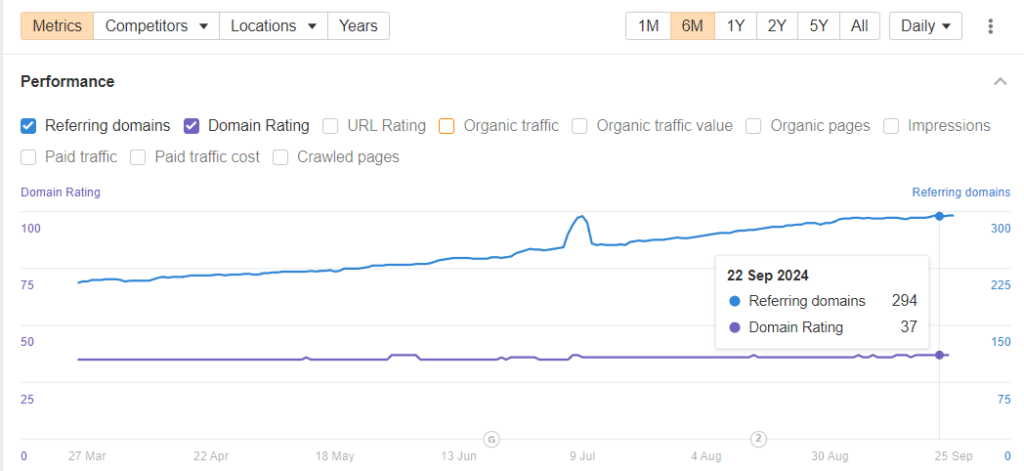
Limiting the number of reciprocal links
It is critical to sustain a well-rounded link profile for improved SEO performance. The over-implementation of reciprocal linking can have adverse effects by diminishing the value of links and thereby, potentially harming search engine rankings. It’s important to periodically assess and refine your reciprocal links to exclude those that are low-quality or not pertinent in order to preserve the integrity of your overall link quality.
Incurring search engine penalties is a risk associated with excessive reciprocal linking as it may signal contrived link patterns. In an effort to steer clear of such penalties, one should moderate their use of reciprocal links while concentrating on acquiring high-caliber, germane links that bolster SEO performance.
Regularly reviewing and updating reciprocal links
Regular monitoring and assessment of reciprocal links are crucial for maintaining their quality and relevance. By periodically checking the authority and relevance of reciprocally linked sites, you can sustain the SEO advantages they bring. Such practices aid in pinpointing and eliminating any irrelevant or substandard links that might negatively impact your SEO performance.
Frequent examination and refinement of your reciprocal linking strategy is key to preserving a strong and beneficial link profile. Ensuring that these links remain conducive to your overall SEO approach is instrumental in fostering sustained growth over time.
Alternatives to reciprocal linking
Reciprocal link building can offer advantages, yet there are other strategies for reciprocal link creation that might yield better results and pose fewer risks, particularly in evading link spam.
Some of these alternative tactics include guest posting, promoting content, and leveraging social media platforms.
Creating high-quality content for natural backlinks
Crafting content of high value is critical in garnering organic backlinks from trustworthy sources. Material that offers substantial, detailed insights often enjoys higher rates of sharing and linking by others. For example, applying powerful storytelling methods can boost interaction and inspire people to reference your content.
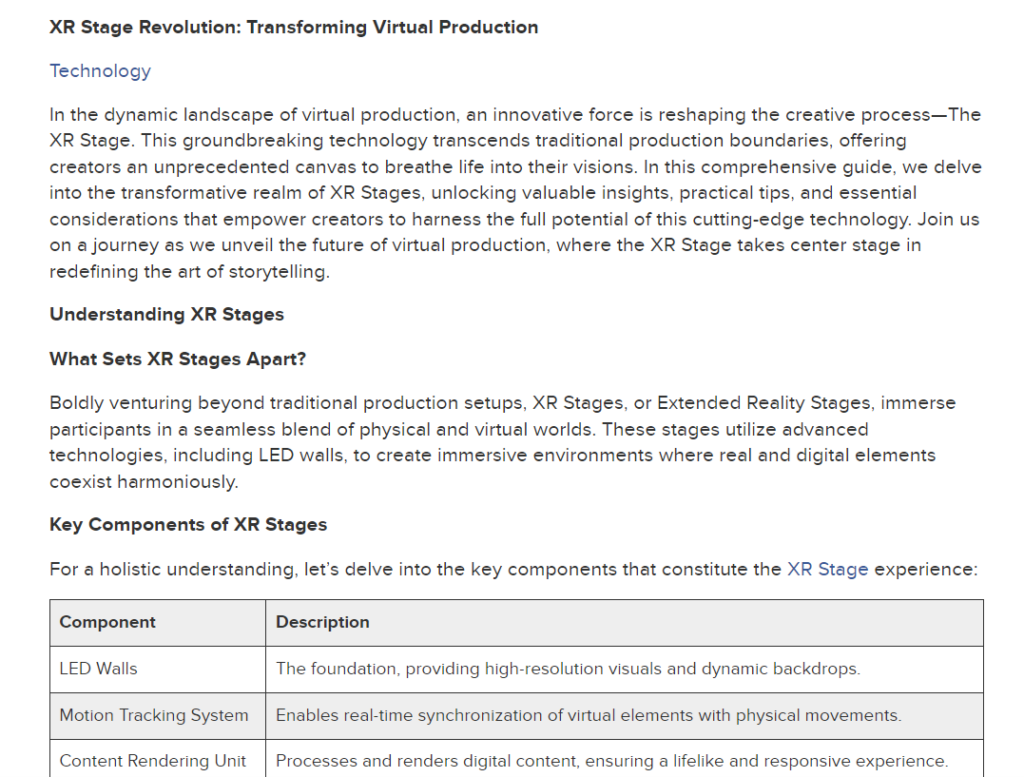
Including compelling visual elements like infographics and videos may also amplify the propensity for your material to be shared. Concentrating on producing premier quality content aids in attracting natural backlinks, thereby enhancing your SEO performance.
Guest blogging for industry-relevant backlinks
By contributing insightful content to esteemed websites within your niche, guest blogging stands as a powerful method for securing premium reciprocal links SEO. This practice emphasizes acquiring links from credible sources, bolstering your website’s authority and relevance, thereby reinforcing a sturdy SEO strategy and dodging search engine penalties.
Producing top-notch articles for guest posting does more than benefit the host site’s readers. It also draws in organic backlinks. Such an advantage amplifies the efficacy of link-building endeavors while simultaneously enhancing SEO performance. A continued commitment to delivering valuable contributions via guest blogs cultivates a formidable repertoire of superior backlinks.
If you’d rather not reach out to webmasters or handle article posting yourself, the Links-Stream team can assist by finding niche-relevant websites and crafting appropriate content forou.
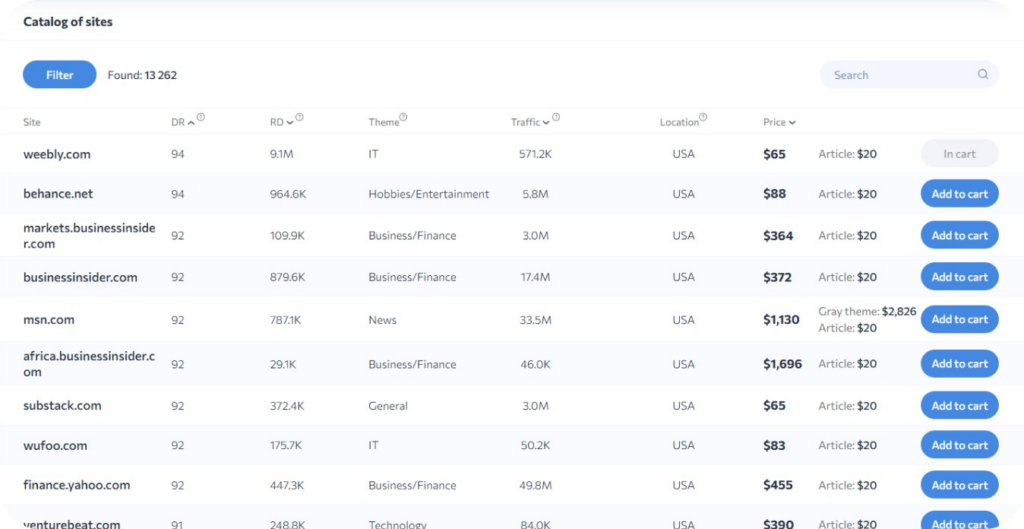
Utilizing social media for increased site visibility
Utilizing social media platforms can draw in a multitude of prospective visitors, thereby substantially boosting the visibility of your site. Consistently sharing content on these platforms elevates both the awareness and credibility of your blog, leading to a rise in organic traffic flow. This enhanced level of exposure may open up additional avenues for acquiring natural backlinks, which serve to Improve your SEO standing.
Incorporating geotags and hashtags effectively increases the reachability of your posts within social media environments. By thoughtfully employing these tools, you’re able to extend your audience range and funnel increased web traffic towards your website. These tactics support and augment link-building strategies that are essential for optimizing overall SEO performance.

Evaluating reciprocal link opportunities
Evaluating potential link partners is essential for confirming that reciprocal links will positively impact your SEO strategy. By examining the relevance, quality, and long-term advantages of prospective linking partners, you are able to make knowledgeable choices which boost your SEO performance.
Assessing relevance and quality of potential link partners
Evaluating link requests is essential for determining their effect on SEO and your website’s authority. It’s important to assess the requesting site’s content relevance with yours before moving forward. Prioritize reviewing their domain authority and trustworthiness among other SEO metrics before consenting to a reciprocal linking arrangement, as this careful assessment will inform better decision-making.
Emphasizing high-quality, relevant partners in your link exchange efforts leads to developing a strong link profile that boosts your SEO performance. Such strategic reciprocal links are key for fostering sustained growth and achievement in the long run.
Monitoring and maintaining reciprocal links
Continuously evaluating and managing reciprocal links is crucial to ensure their ongoing benefit, given the ever-evolving nature of websites and link structures. Such persistent oversight supports the preservation of site authority while also improving SEO performance.
Regular checks on link status and quality
It is crucial to routinely monitor reciprocal links to confirm their continuing relevance and safeguard your SEO standing. Regularly assessing the quality and applicability of your existing reciprocal links will guarantee that they favorably influence your SEO approach, promoting sustained expansion.
Utilizing tools like Ahrefs, Moz, and SEMrush can facilitate a thorough examination of your link profile. They enable efficient tracking of the state of reciprocal connections. Google Analytics provides insights into website traffic and engagement resulting from these reciprocal links. Employing these resources ensures you maintain a strong and impactful link profile as part of your SEO strategy.
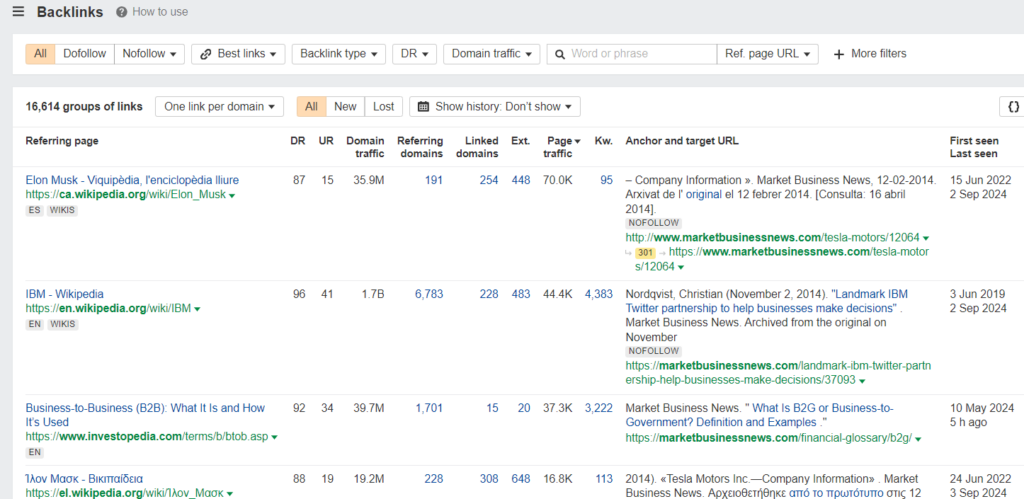
Summary
Utilizing reciprocal links with finesse can markedly boost your site’s visibility, attract more traffic, and elevate its position in search engine rankings. To maximize the benefits of these exchanges while sidestepping typical errors, it’s important to grasp their essence, origins, and optimized usage guidelines. Key practices include choosing linked sites for their relevance and excellence, being selective with reciprocal link numbers, as well as consistently evaluating and refreshing these connections.
To that strategic use of mutual linking is paramount. Diversifying your approaches remains critical. Embracing various tactics such as generating stellar content that invites organic links, contributing guest posts on other platforms or harnessing social media channels can greatly increase visibility. By pursuing a comprehensive strategy mindful of enduring rewards versus potential perils, you’re positioning yourself to craft a robust link building campaign bolstering not just immediate SEO performance but also securing the long-term credibility of your website.
For more than 8 years, Links-Stream has been successfully building various types of backlinks, helping websites rank at the top of search results. Reach out to us, and we’ll develop a personalized link-building strategy designed to fit your niche and budget.
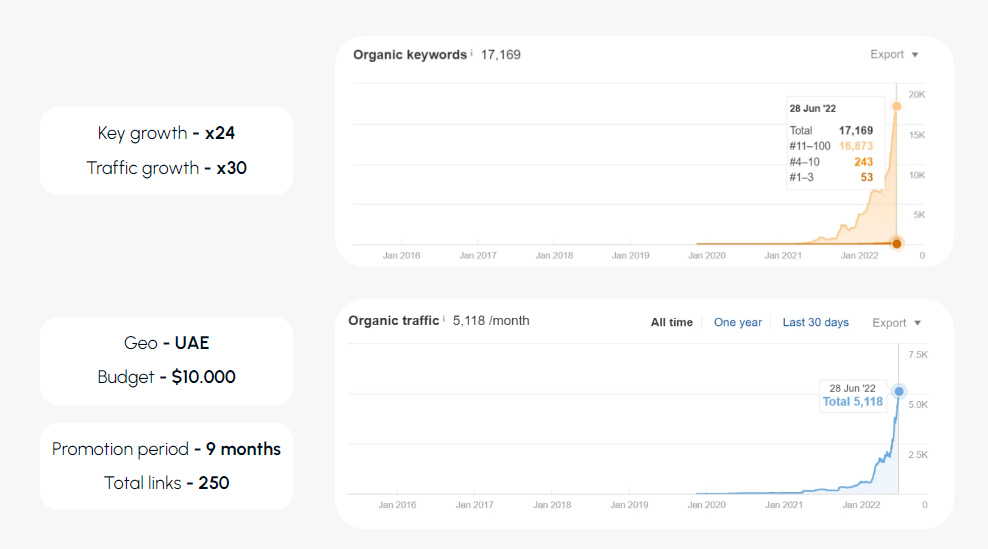
Frequently asked questions
What is reciprocal link in SEO?
Mutual linking involves two websites establishing connections to each other, with the goal of boosting visibility and enhancing search engine rankings.
Such a tactic is intended to elevate the reach and effectiveness of both participating sites.
How do reciprocal links affect SEO?
Exchanging reciprocal links can bolster the authority and credibility of your site, thereby improving its backlink profile.
If used excessively or inappropriately, it could result in penalties that undermine their advantages for SEO.
What are the best practices for building reciprocal links?
When endeavoring to build reciprocal links, it is crucial to concentrate on establishing connections with sites that are relevant and of high quality while keeping the quantity of such links reasonable.
It is important to consistently evaluate and refresh your roster of linked sites to maintain their relevance and ensure they continue to meet quality standards.
What are the risks associated with reciprocal linking?
Engaging in reciprocal linking can lead to potential penalties by search engines if they detect unnatural patterns of link exchange, and there’s also a risk of inadvertently linking your site with spammy or low-quality websites.
To reduce these risks, it is crucial to emphasize quality rather than quantity when building links for your website.
What are some alternatives to reciprocal linking?
Creating exceptional content, engaging in guest blogging activities, and utilizing social media platforms for increased visibility are viable substitutes for reciprocal linking.
These strategies contribute to the natural acquisition of backlinks and the improvement of your site’s authority.
